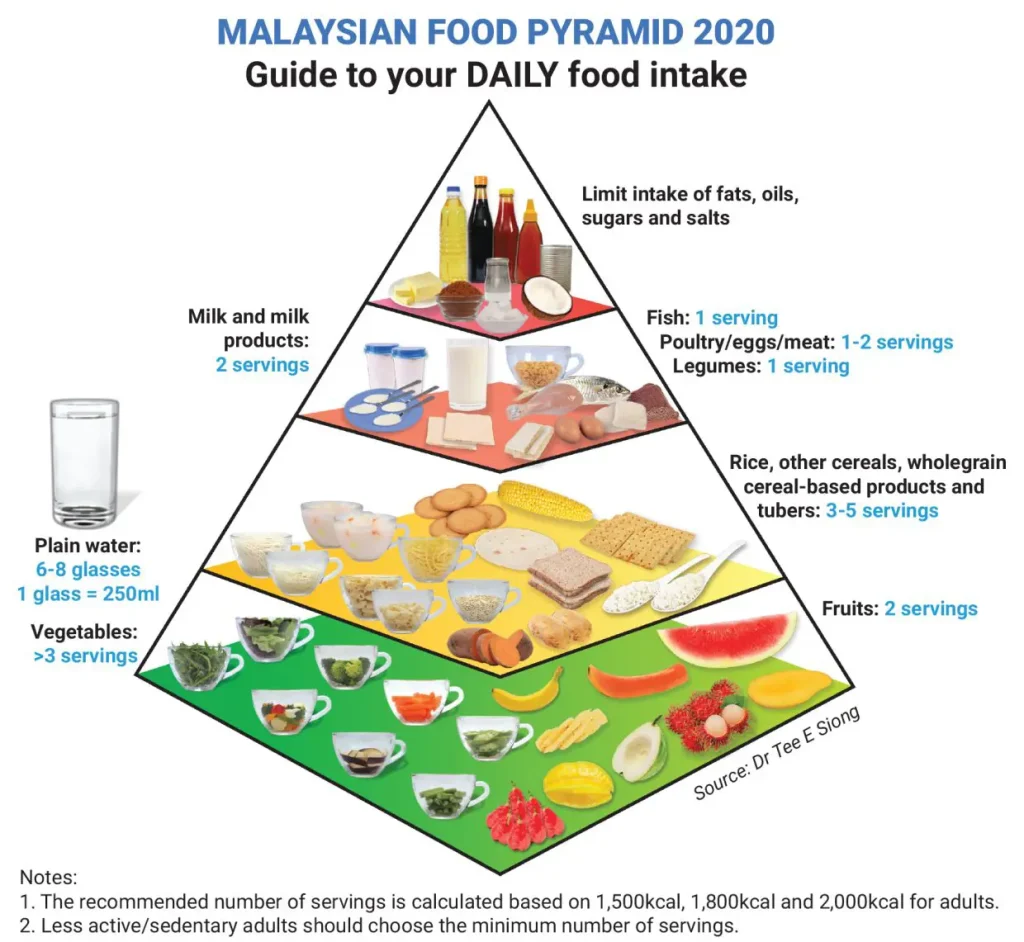Eating healthy is not just about losing weight, it’s about feeling great both physically and mentally. The food we eat directly impacts our health and well-being, so it’s important to make wise choices when it comes to our diet. By incorporating healthy eating habits into your daily routine, you can drastically improve your overall health and quality of life.
One of the most important healthy eating habits to adopt is to prioritize whole, nutrient-dense foods. This means choosing foods that are minimally processed and packed with vitamins, minerals, and antioxidants. Incorporating plenty of fruits, vegetables, whole grains, lean proteins, and healthy fats into your diet will provide your body with the essential nutrients it needs to function optimally.
Another key healthy eating habit is to listen to your body’s hunger and fullness signals. Many of us are guilty of mindless eating, consuming food when we’re not actually hungry or eating past the point of fullness. By tuning into your body’s cues, you can better regulate your food intake and avoid overeating. Practicing mindful eating can also help you savor your food more and improve digestion.
In addition to eating a balanced diet, it’s important to stay hydrated throughout the day. Water is essential for nearly every bodily function, from regulating body temperature to maintaining proper digestion. Aim to drink at least eight glasses of water a day, and more if you’re physically active or living in a hot climate. Avoid sugary drinks like soda and fruit juices, as they can add unnecessary calories and contribute to various health issues like diabetes and obesity.
Meal planning is another healthy eating habit that can make a big difference in your overall health. By preparing healthy meals and snacks ahead of time, you can ensure that you always have nutritious options on hand when hunger strikes. Planning your meals also helps you avoid the temptation of unhealthy fast food or convenience meals when you’re in a rush. Additionally, meal planning can save you time and money in the long run.
When it comes to healthy eating, portion control is key. Even if you’re eating nutritious foods, consuming too much of them can still lead to weight gain and other health problems. Pay attention to serving sizes and try to avoid mindlessly eating straight from the container. Instead, portion out your food onto a plate or into a bowl to better gauge how much you’re actually eating. Eating slowly and savoring your food can also help you feel more satisfied with smaller portions.
It’s no secret that fruits and vegetables are essential for a healthy diet, but many people struggle to incorporate enough of them into their meals. To increase your intake of these nutrient-packed foods, aim to fill half of your plate with fruits and vegetables at every meal. Experiment with different ways to prepare them, such as roasting, steaming, or blending into smoothies. Eating a variety of fruits and vegetables can help ensure you’re getting a wide range of vitamins and minerals.
In addition to eating whole foods, it’s important to limit your intake of processed and sugary foods. Foods like chips, candies, sodas, and baked goods are often high in unhealthy fats, sugars, and artificial ingredients that can negatively impact your health. Instead, opt for healthier alternatives like whole grain snacks, fresh fruit, and homemade treats made with natural sweeteners. By reducing your consumption of processed foods, you can lower your risk of chronic diseases like heart disease, diabetes, and obesity.
Speaking of sugar, it’s important to be mindful of your added sugar intake. Many processed foods are loaded with hidden sugars, which can contribute to weight gain and various health issues. To reduce your sugar intake, start by reading nutrition labels and choosing products with less added sugar. You can also satisfy your sweet tooth with natural sweeteners like honey, maple syrup, or stevia. By cutting back on sugar, you can improve your energy levels, mood, and overall health.
Lastly, don’t forget about the importance of regular physical activity in conjunction with a healthy diet. Exercise helps to strengthen your muscles, improve cardiovascular health, and boost your mood. Aim to incorporate at least 30 minutes of physical activity into your daily routine, whether it’s going for a walk, hitting the gym, or practicing yoga. Finding activities you enjoy can make exercise feel less like a chore and more like a fun and rewarding way to take care of your body.
In conclusion, healthy eating habits can have a profound impact on your overall health and well-being. By prioritizing whole, nutrient-dense foods, listening to your body’s hunger cues, staying hydrated, meal planning, controlling portion sizes, eating plenty of fruits and vegetables, limiting processed foods and added sugars, and staying active, you can achieve a healthier lifestyle and set yourself up for success in the long run. Remember, small changes can lead to big results, so start implementing these healthy eating habits one step at a time and watch as your life is transformed for the better.

